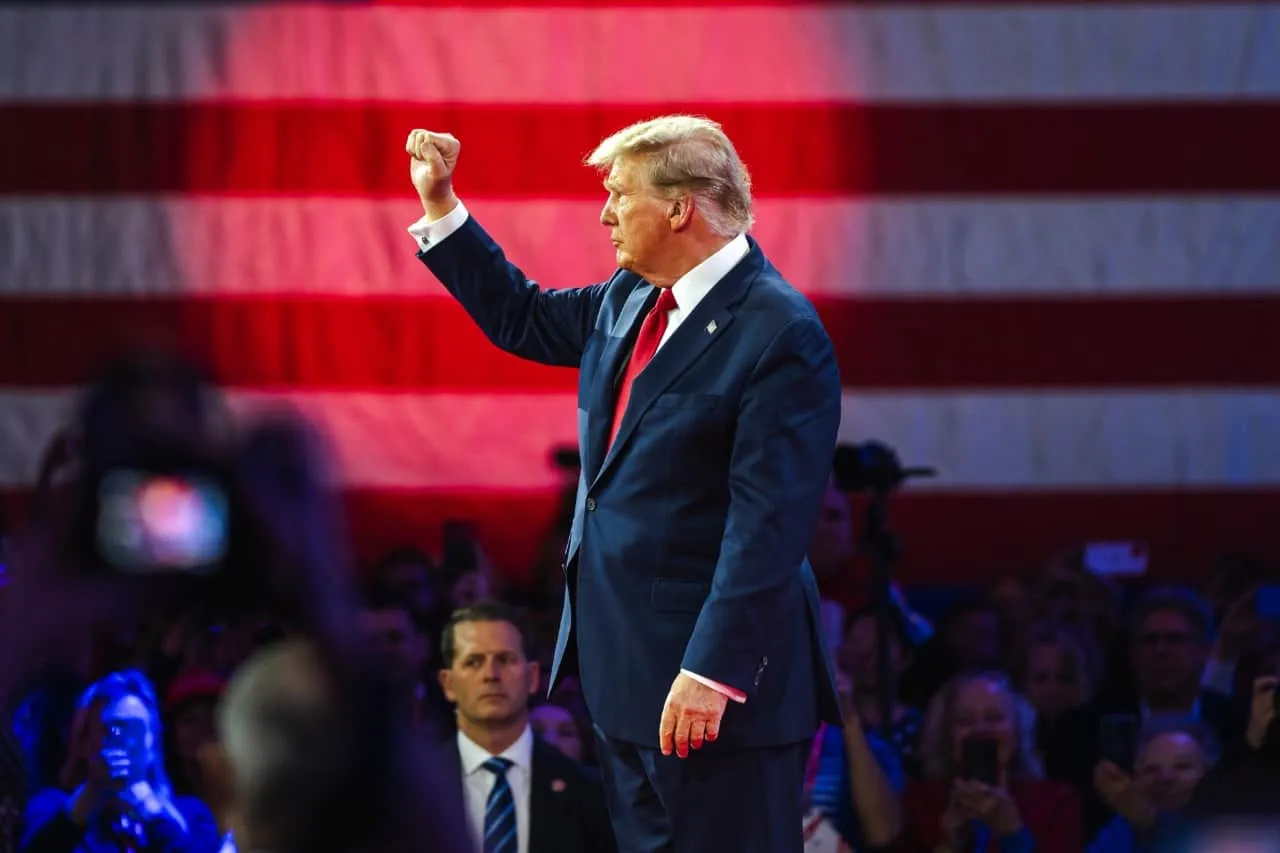Donald Trump's Corporate Tax Strategy Revealed

Donald Trump's Corporate Tax Rate Proposal
As the November 5 U.S. presidential election draws near, candidates from both sides of the aisle are revealing their key policies. Many investors are keen to find out what the next president could mean for their net worth.
On September 5, former President Donald Trump announced a plan to cut the corporate tax rate to 15% for companies that manufacture their products in the U.S. This is a decrease from the current 21% rate, which was previously reduced by Trump from 35% during his previous administration.
Conditions for Tax Rate Reduction
However, this benefit would only be applicable to companies operating within the United States. Trump noted in a speech to the Economic Club of New York:
- “You have to make your product in America; if you outsource, offshore, or replace American workers, you’re not eligible for any of these benefits.”
Additional Economic Proposals by Trump
This new corporate tax strategy represents the latest chapter in the contest between Trump and Harris over economic policies, particularly tax-related issues.
Furthering his plans, Trump proposed to establish a government efficiency commission, potentially headed by billionaire Elon Musk. This body would assess the performance of federal government sectors and recommend improvements to enhance efficiency and reduce costs.
Trump also suggested the creation of a sovereign wealth fund, modeled after those of China, Norway, and South Korea. Traditionally funded by budget surpluses, such funds have not been a reality for the U.S. since 2001.
- “Increased tariffs would finance this fund,” Trump stated, indicating that the fund would invest in a range of assets including stocks, bonds, and real estate.
These proposals reflect Trump's broader economic strategy, which encompasses adjustments to capital gains tax and investments in assets like cryptocurrencies.
This article was prepared using information from open sources in accordance with the principles of Ethical Policy. The editorial team is not responsible for absolute accuracy, as it relies on data from the sources referenced.